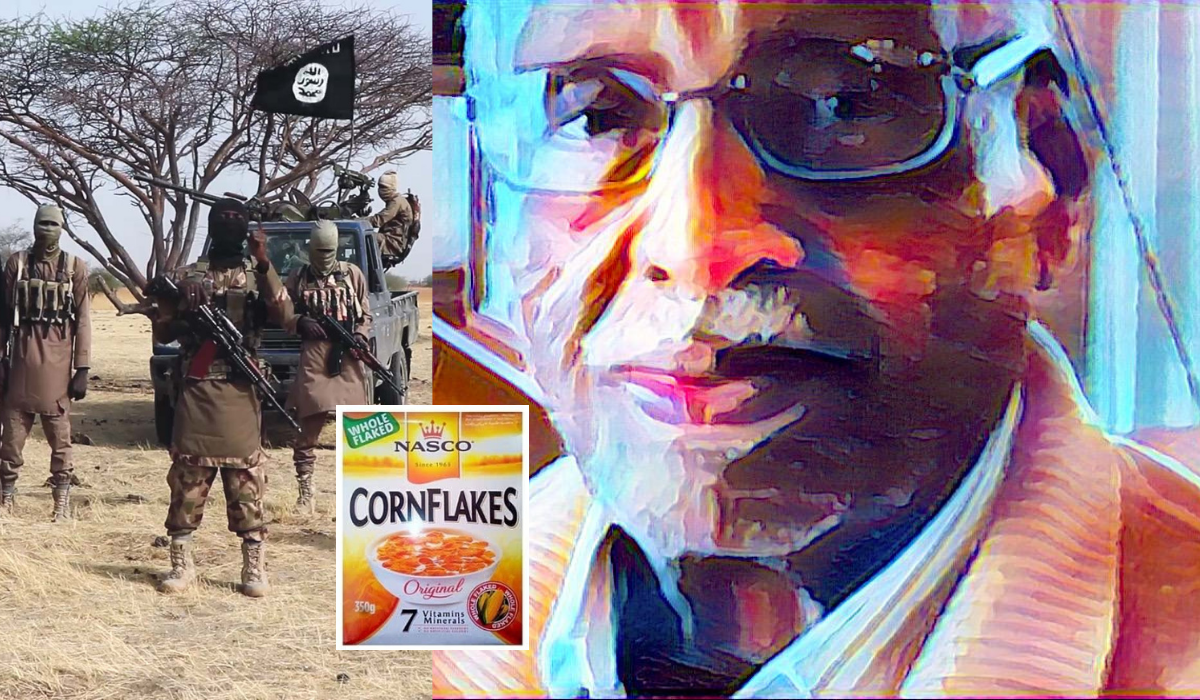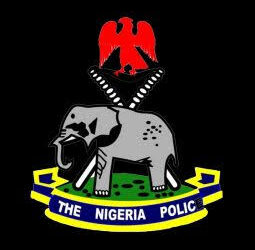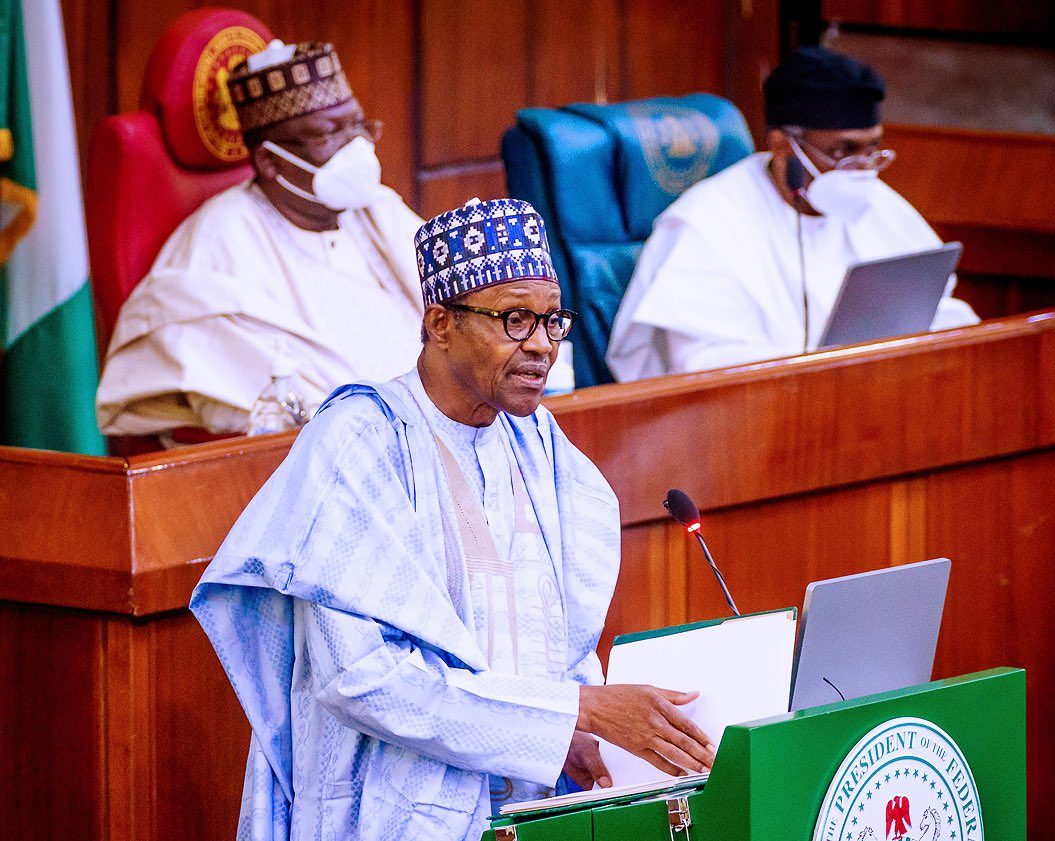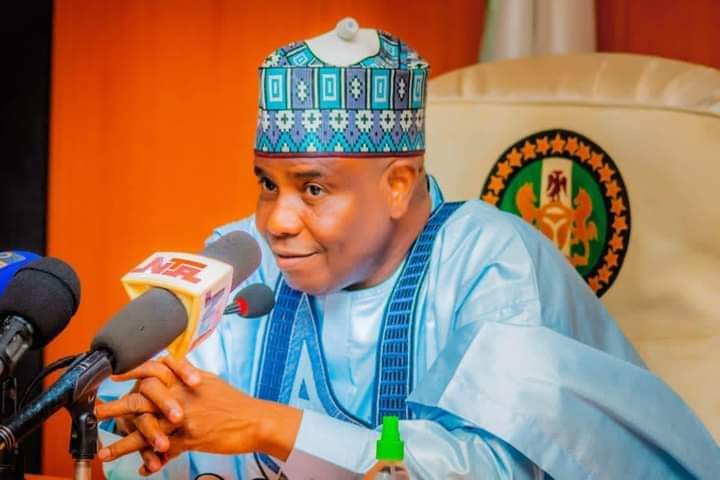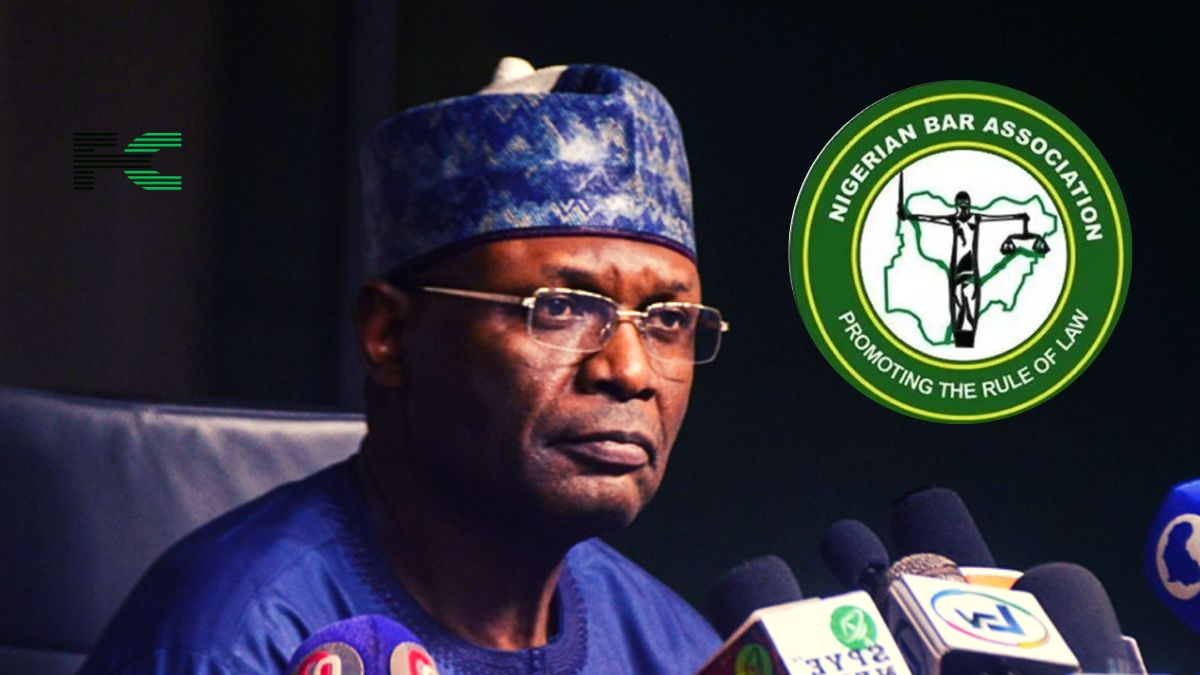David Hundeyin, a freelance investigative journalist, recently claimed that the late NASCO president, Dr. Ahmed Nasreddin, and other key northern figures were reportedly financing regional terrorism, including Boko Haram.
In 2002, the late NASCO Group’s multimillionaire founder, Ahmed Idris Nasreddin, and Yakubu Musa Kafanchan, also known as Sheikh Yakubu Musa Katsina, a close ally of Nigeria’s terror-linked Minister of Communications and Digital Economy, Isa Ali Pantami, funded Islamic terror cells, according to the investigative report.
They were accused of funding persons like Kabiru Sokoto, the architect of the Christmas Day bombing of the St. Theresa Roman Catholic church in Madalla, Niger State, which murdered 37 Christians on December 25, 2011.
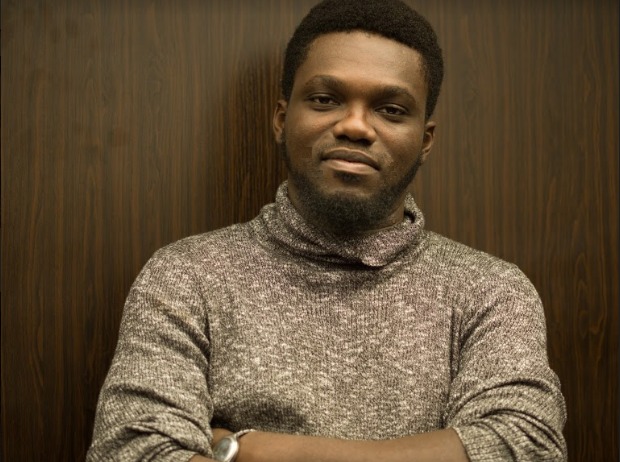
The following are the problematic aspects of David Hundeyin’s story:
1. Founder of the Izala Movement (or KIBWIS) is Abubakar Gumi, the father of Sheikh Gumi (who today is arguably the biggest supporter of terrorist bandits).
2. Sheikh Yakubu Musa Kafanchan, a notorious extremist previously detained by the Nigerian government for allegedly building up terror groups in Kano and Katsina, is now an ally and close friend of President Muhammadu Buhari.
NASCO Group Nigeria’s management has since denied accusations that the corporation is involved in funding terrorism in the country.
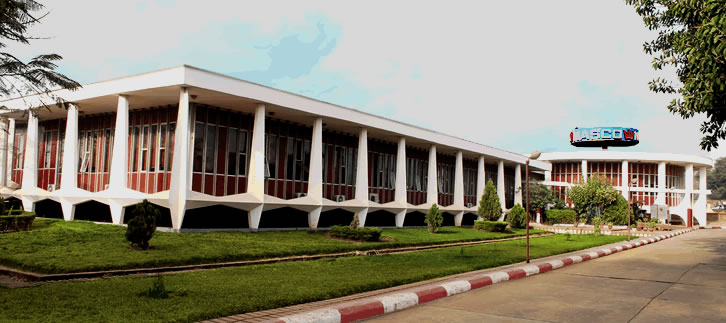
The response by the FMCG giant is not only weak; it confirmed everything David Hundeyin could be true, and that in itself is very scary.
Nigerians should be worried NASCO did not attempt to sue. David is even reportedly challenging them to sue, but NASCO is shying away. Suffice it to say that no staff could sign that NASCO’s lame response.
What next?
The anti-terrorism battle waged by the federal government raises more questions than it answers.
Nigeria has purchased A-29 Super Tucano fighter planes from the United States for anti-terrorist operations, despite the authorities’ failure to prosecute apprehended alleged terrorism financiers. Although purchasing fighter jets to combat instability is admirable, it ignores the issue of terrorist facilitators. The federal government’s battle on terrorism must target not just terrorists but also the supporters of terrorism who enable it to grow. Importantly, the government should not only identify terrorist sponsors but also unequivocally indicate that it is ready to hold them accountable.
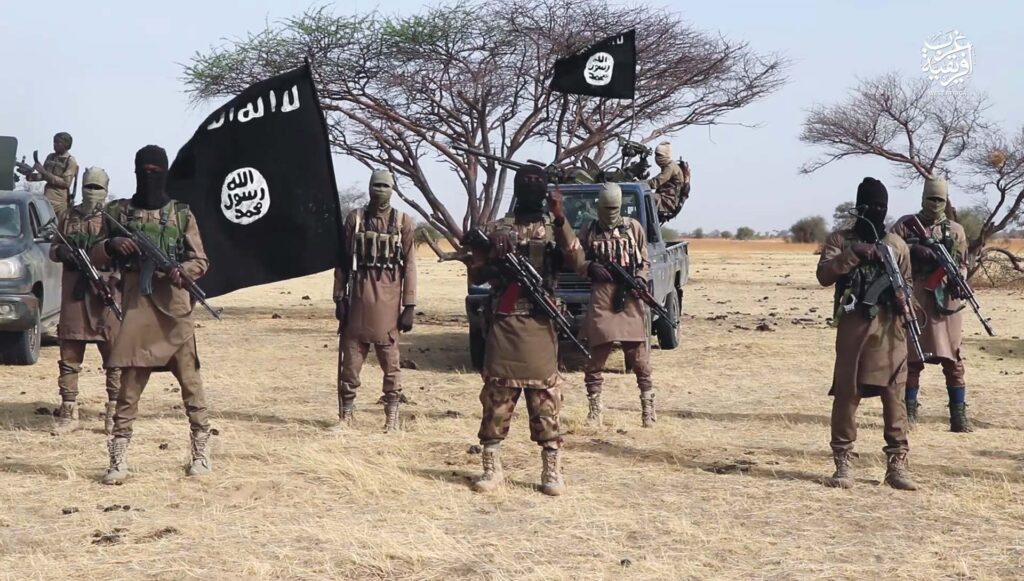
The government has lost the battle against terrorism. Because terrorist groups are still operating in the country, the battle continues. Indeed, the participation of ISIS (Islamic State of Iraq and Syria) and ISWAP has exacerbated the insurgency (Islamic State West African Province). Boko Haram fighters are no longer the only insurgents.
The point is that fighting terrorism necessitates a feeling of urgency, which can only be achieved through intent and tact.

